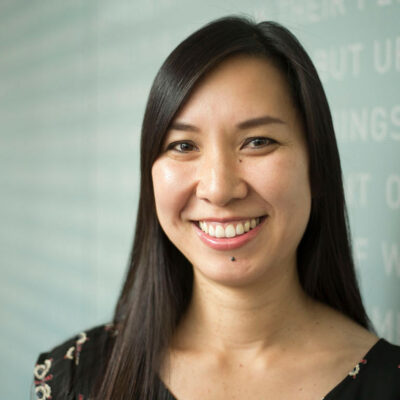The ACLU of Southern California has come out strongly on two local measures on the March 7th ballot that impact homelessness:
- YES on Measure H in L.A. County to provide funding for desperately needed services not only for those currently experiencing homelessness, but also those in danger of slipping into homelessness.
- NO on Measure S in L.A. City that would block the building of new affordable housing.
But why should the ACLU – best known for nearly a century of historic battles for free speech, voting rights, education equity, among others – get involved in homelessness issues?
Because affordable housing and access to basic human services are civil rights, too.
With the gap in income between the rich and poor growing to monstrous proportions in recent years and rents skyrocketing, thousands of people in Southern California simply don’t get a shot at decent housing, even if they’re able to hold down a job. Or even multiple jobs.
But the problem goes beyond housing. Studies have shown that if basic services – including physical and mental health care, case management and substance abuse treatment – are available, they can not only help those experiencing homelessness get off the streets, but also help those in danger of becoming homeless.
The situation is critical, especially in Los Angeles.
According to a January study, the city of L.A. has about 44,000 homeless people, an increase of 12% in the last two years. In fact, L.A. has the largest number of chronically homeless people in the nation, according to a study last year by the U.S. Department of Housing and Urban Development.
It’s no fault of these struggling people that there’s such a huge income gap, plus a critical shortage of affordable housing. Yet without shelter, other matters quickly fade into the background. It’s tough to worry about even explicit, constitutionally-guaranteed rights when you’re desperately trying to find a safe place to sleep out of the elements, not to mention a decent meal and rudimentary health care.
Los Angeles voters have already taken a major step in the right direction by approving measures HHH and JJJ last year to support the building of affordable housing.
Measure H, on the upcoming ballot, also gets to the root of the problem by providing necessary services beyond shelter.
The measure is funded by a quarter-percent addition to sales tax for the next 10 years. It’s a small price to pay to not only help ease and prevent homelessness, but also provide humane services to the most unfortunate among us. And as a side benefit, we all get safer, cleaner cities.
The list of supporters of Measure H is made up of more than 300 organizations and community leaders in addition to the ACLU SoCal, including the League of Women Voters, United Way, Los Angeles Area Chamber of Commerce, the Los Angeles Times, Clergy and Laity United for Economic Justice, NAACP, Little Tokyo Service Center, Jewish Family Services and Union Station Homeless Services.
Your support for Measure H is critical. It needs a two-thirds super-majority of voters to pass.
Measure S is a poorly written, deceitful ballot measure that is known to its supporters as the Neighborhood Integrity Initiative. That sounds nice, but in fact it would cast a wide net that would stop almost all new construction not only of desperately needed affordable housing, but also hospitals, schools and other community structures.
The measure would do this by imposing a moratorium on building developments that need exemptions from land-use rules. In the city of L.A., it’s nearly impossible to build any of the aforementioned structures without the granted exemptions.
And there is another matter that makes Measure S fall under the purview of the ACLU. Studies have shown that similar measures, no matter how well intentioned, can contribute to racial segregation and deeper class disparities. They also exacerbate inequality by restricting the housing supply in places where demand is greatest.
Measure S is so widely reviled that both the Democratic and Republican parties of Los Angeles County oppose it. The hundreds of others urging a No vote include Governor Jerry Brown and Mayor Eric Garcetti; the Los Angeles Times, Los Angeles Daily News and Los Angeles Sentinel newspapers; Los Angeles Police Protective League, United Firefighters of Los Angeles, National Organization for Women; Los Angeles Area Chamber of Commerce; Los Angeles LGBT Center; and National Resources Defense Council.


